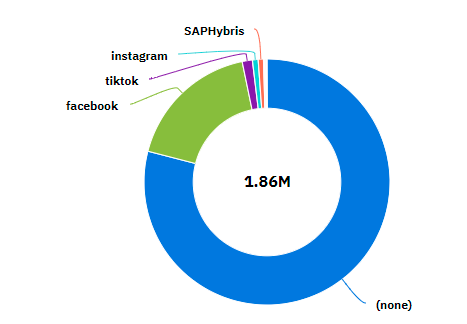Hello,
We are having problems in identifying traffic sources from UTMs, FBclid and Gclid. We set up Amplitude SDK in our digital asset with Google Tag Manager using Amplitude GTM Template.
This is how we set up the initilization:
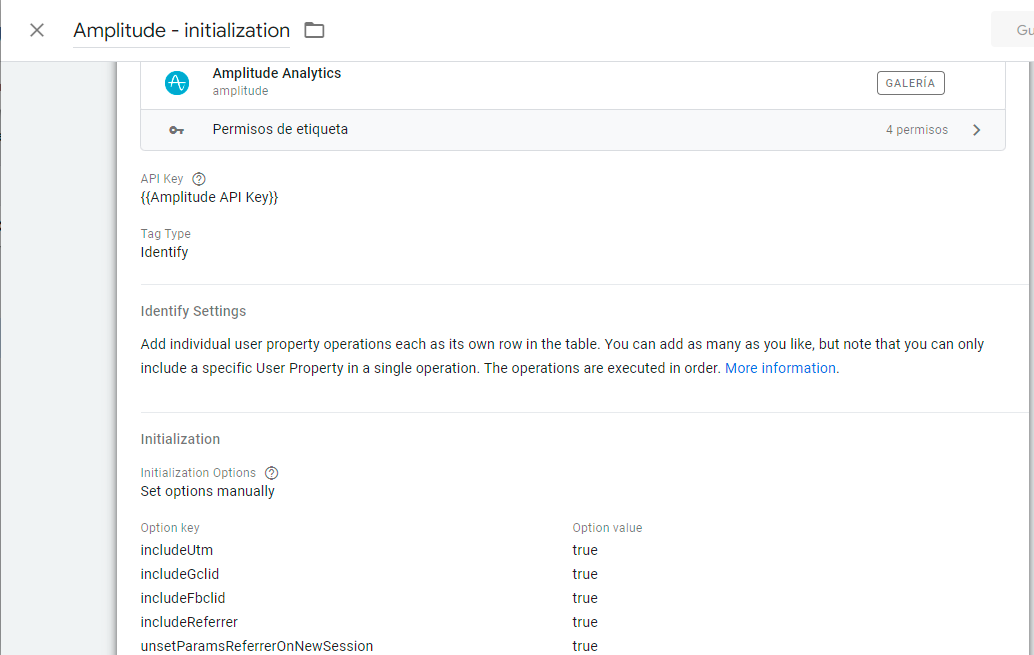
We added the recommended option keys so we could track all the traffic. Despite of that, we are not getting any UTM from the gclid.
As an example we can search for our page in Google.
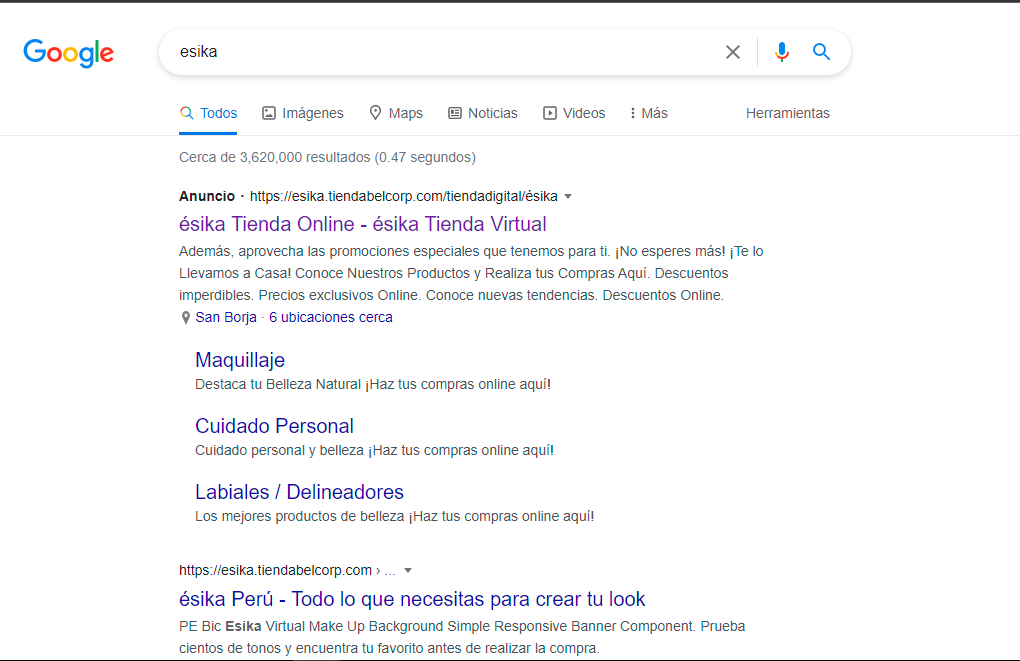
Then click in the ad and not getting any UTM data.
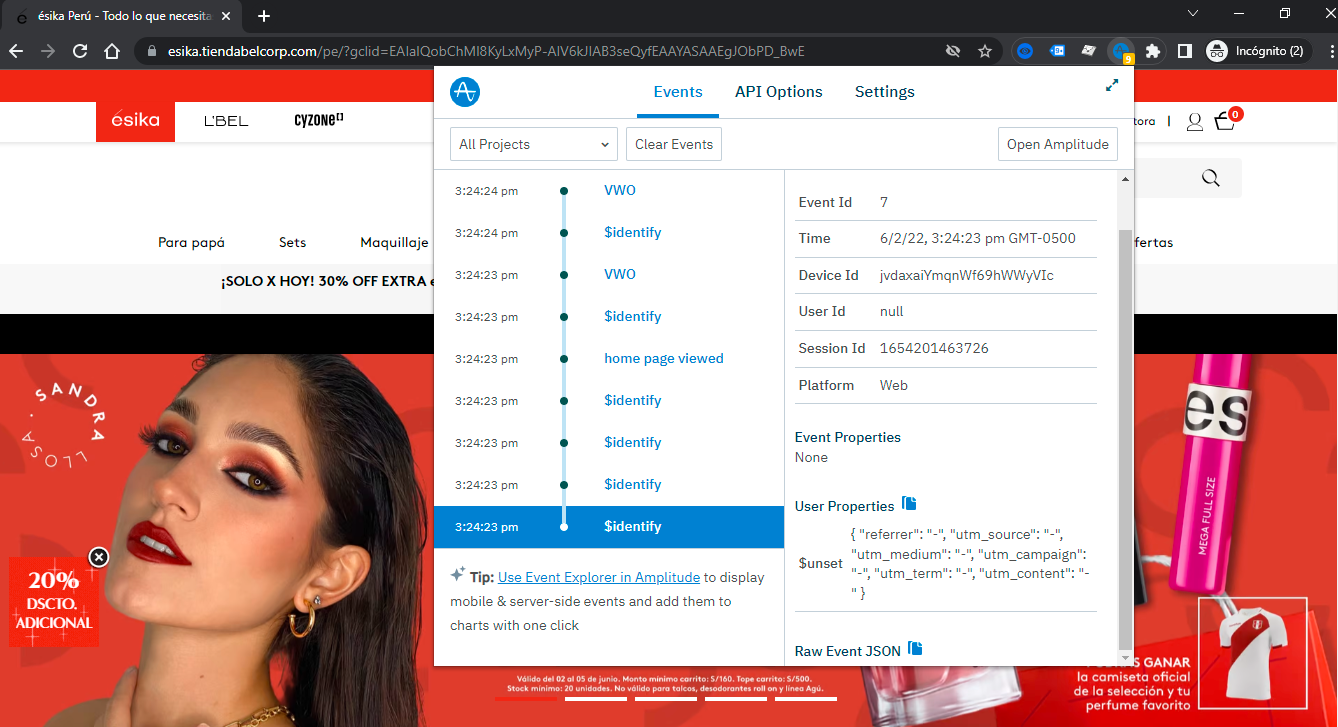
But the gclid is being captured without problems.
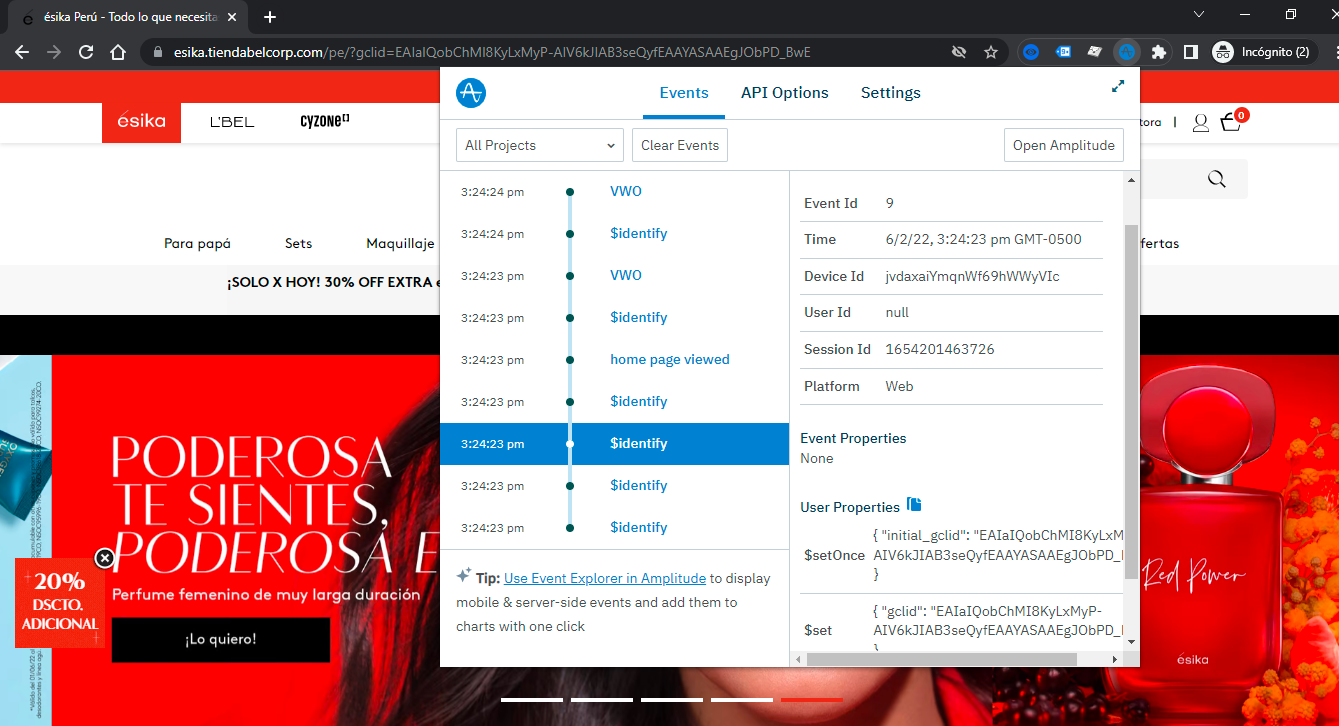
In this example from Google Analytics data in BigQuery, Gclid can be interpretated into UTMs but we’re not getting this information in Amplitude.
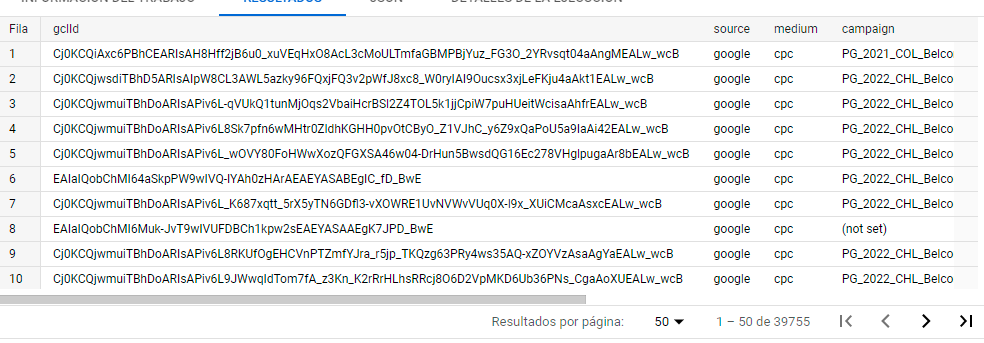
As a results of this, when we analyze User Composition by Source, we can’t find Google on it and also any Campaign and Keyword data from Google and some from Facebook.
